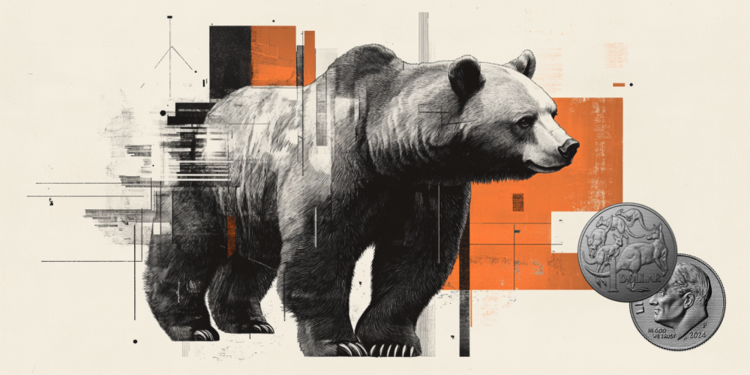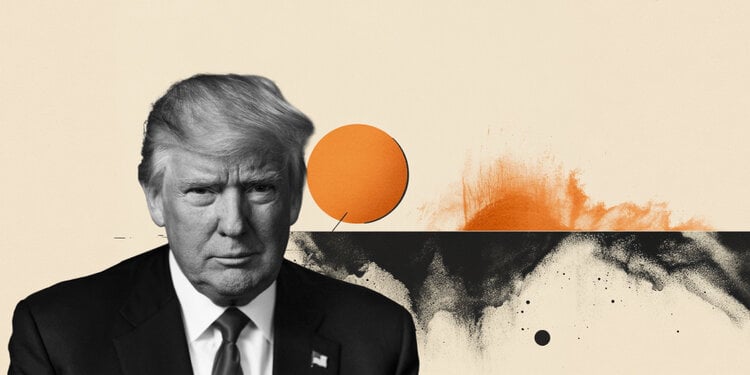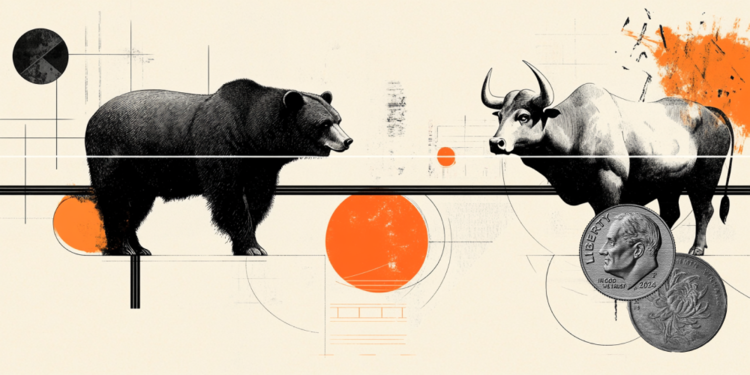To be an Englishman, Jimmy Nelson He’s someone who gesticulates a lot. Tall, bald, lean physique, eyes of a blue that seems almost white, he is theatrical, passionate and restless (we both started this interview sitting in a room of his exhibition now underway in Milan, then he got down on his knees and finally stood up on the bench).
Maybe you already know who we are talking about: Humanity, his photographic exhibition now set up in the Royal Palace, open until January 21st, is lining up quite a few visitors. Inside they are exposed 65 large photographs (you can see some of them here) which tell us about the incredible life of Nelson, 56 years old, always traveling around the worldcareful to meet the indigenous cultures at risk of disappearing.
In an increasingly technological and globalized world, Jimmy Nelson uses analogue photography, he takes months and months of time and goes alone to the most remote parts of the planet. «To seek the beauty of humanity».
Resilient, radicalcompletely outside the box, Jimmy Nelson opens on November 30th The Human Factora series of meetings thatMilan State University has decided to dedicate it to students to learn more about the life path, not always linear, of people from the world of art, science, research, entertainment and culture. Nelson meets the students in the Aula Magna and – thinking about what he said to us – we are certain it can only be a truly inspiring.
Jimmy Nelson, Nenet Yakim, Ural_Mountains, Russia, 2011 © Jimmy Nelson BV
Jimmy Nelson, Maori, Gisborne Festival, North Island, New Zealand, 2011 © Jimmy Nelson BV
Let’s start from the beginning: what kind of childhood did you have?
«Completely out of the ordinary. Every child’s dream.”
That means?
«Until the age of 7 I followed my father, who was a geologist, around the world. We have been everywhere, to the most remote parts of Africa, to Asia, to Oceania. In Nepal I walked everywhere barefoot and didn’t go to school. I was a happy child. Every year we moved house and I learned to know different places and people each time.”
And then what happened?
«At the age of 7, my parents decided it was time to give me a more traditional education and enrolled me in a boarding school in England, where I was born. It was a Catholic structure, very large, with four hundred teachers, all priests. That’s where it all began.”
All what?
(Nelson is silent, then mimes a hug) «The priests had “special attention” towards many of us».
Was he abused?
(Nods)
And then?
«The iron rule was silence, silence. We weren’t supposed to say anything about what happened to us and I never talked about it either. Then at the age of 16 an event happened that changed the course of my life forever.”
Which?
«I got malaria, I was treated with the wrong medicines, I had a kind of drug shock and within a day I lost all my hair. I looked at myself in the mirror and no longer recognized myself. This could have been the beginning of the end or the end of the beginning.”
What happened?
«I had been a child and then a creative teenager, but I suffered from dyslexia and struggled at school. Furthermore, I saw myself as ugly and I had a heavy secret inside me. I decided to drop everything and run away.”
To run away?
«Yes, I believe that unconsciously it was a “homecoming”. I left for the only place in the world where I knew there were people like me, without hair: Tibet, with its monks.”
In Tibet?
«Yes, in those years the country was also isolated, due to the strong conflicts with China. I took a very long journey to get there, but I had nothing to lose: I was young, fearless and also without money. I felt a bit like in the Adventures of Tintin that I read as a child.”
How long was left in Tibet?
«Three years, I was practically adopted by a family. I lived with them, ate with them. One day, I got myself a simple camera and started photographing the people of the village where I lived. The first photos I took were of the family who had hosted me and fed me without asking for anything in return. They were portraits of gratitude, shots in which I showed them in all their beauty. This is how I began my profession as a photographer, self-taught.”
When did he come home?
«At 19, in England, I returned with many photographs of a country that few Westerners had entered. Everyone liked them and amazed them. I continued to do the same thing over the next few years. I put the money away and left for unknown places, looking for people still connected to nature. On every trip I tried to understand myself.”
You have been everywhere in all these years and your project is to portray the still uncontaminated humanity, the traditions that resist in peoples at risk of extinction.
«For me photography is therapy. It was so at the beginning and it still is today.”
How can he overcome the distrust of populations accustomed to isolation?
“With time. Sometimes it takes months and months for a single shot. I start by introducing myself and work alone. I spend time with some member of the community, I try to establish a contact, a connection. I don’t set myself up as a white, Western photographer who snaps from top to bottom on the native he encounters because it’s folkloristic. I live with the people of that community for a long time. Over time, people trust. Only then do I take out the view camera. Which is big, bulky. I work in analogue and with natural light. Mine is slow photography, the complete opposite of what you do with your cell phone. Photographing is like a dance. I dance together with the subjects I shoot and the photo is the sign of our meeting.”
You are a famous and acclaimed photographer: what does success mean to you?
«It’s certainly not the wealth of my bank account. I don’t have a house, I don’t have a car. Everything I earn I invest in my project of photographing the beauty of humanity. Success for me is leaving this legacy.”
Jimmy Nelson, Kaluli Mount Bosavi, Southern Highlands, Papua New Guinea, 2017 © Jimmy Nelson BV
Jimmy Nelson, Buddhist Monks, Ganden Monastery, Tibet, 2011 © Jimmy Nelson BV
Source: Vanity Fair
I’m Susan Karen, a professional writer and editor at World Stock Market. I specialize in Entertainment news, writing stories that keep readers informed on all the latest developments in the industry. With over five years of experience in creating engaging content and copywriting for various media outlets, I have grown to become an invaluable asset to any team.







